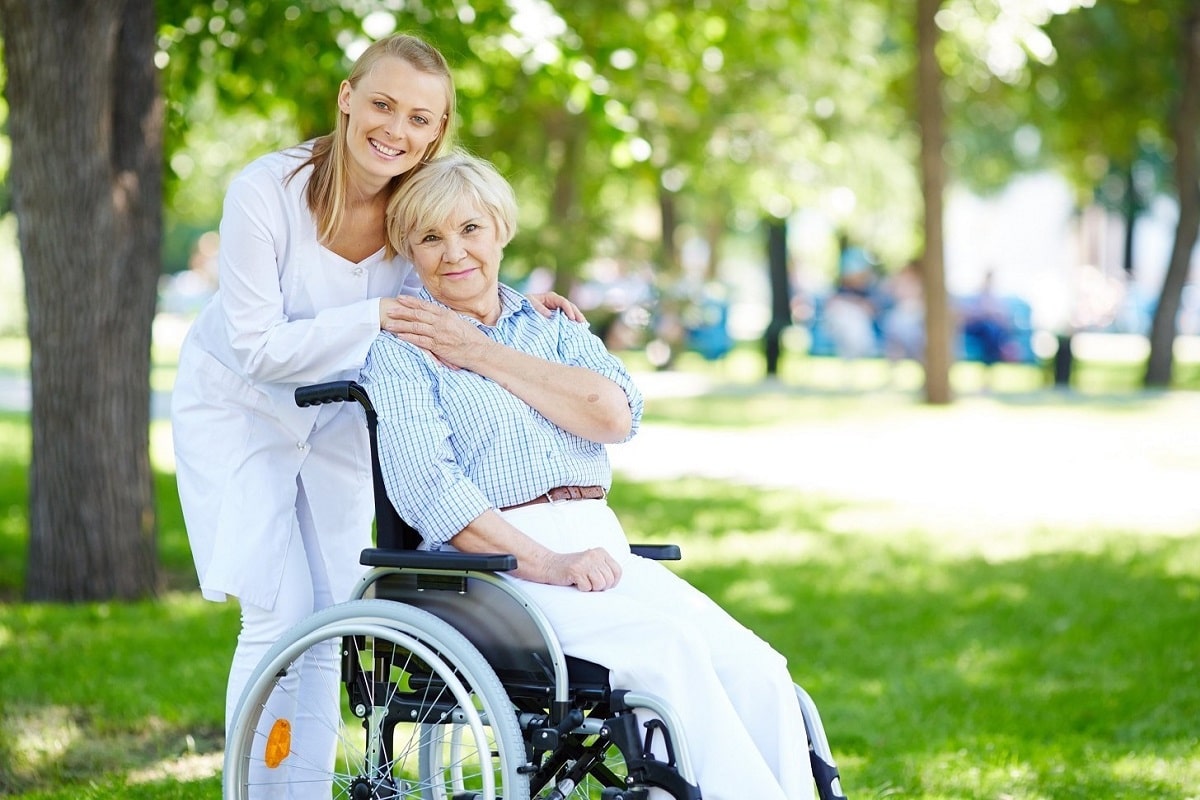
5 ways to be proactive care for the elderly
Health care can be in two ways. 1- Proactive care 2- Reactive care
Reactive care is often done when an accident or a problem occurs for the elderly. At this time, we transfer the elderly to the treatment center and receive a response from the treatment center, which is called reactive care. But proactive care means preventing accidents, for example, you prevent your elderly parents from using tobacco or alcohol, or you measure their blood pressure and sugar regularly.
In reactive care, you're likely faced with a new reality as you struggle to find the best solution. Because you were not prepared to face this issue in advance.
In this post, we'll help you transform elder care from a reactive process to a proactive one.
1- Do research
The idea of your parents continuing to live in a nursing home may bothers you, but do your research anyway. The results of this research are very helpful for making decisions and finding the best solution.
Explore all senior care options. Many options are available including retirement houses, nursing homes, assisted living facilities, and home care from a variety of care professionals.
When deciding how to care for your elderly parent, you should consider all of the following factors:
- The amount of care provided to the elderly,
- How much independence they can maintain
- Cost
2- Talk to your parents about this
You should be aware of your parents' wills for their future. Especially if your elderly parents have a special or chronic disease, it is better to have this conversation sooner. It's true that it's very uncomfortable to talk about, but having an uncomfortable conversation when your parents are healthy is far better than having to make decisions alone in a time of crisis. It is the parents' right to make decisions about their future care.
3- Take care continuously
Care of parents should be done continuously and not interrupted because the smallest change in their health should be reported to their specialist doctor immediately so that preventive measures can be taken if necessary. This gives your parents a better chance of successfully recovering from illnesses and reduces potential discomfort and suffering.
4- Ask them about the house or even the city they would like to live in when they are old
If your parents have recently retired, ask them where they would like to live in the future. Be sure to consider the availability of specialists, hospitals and the distance you need to travel to reach them in times of crisis.
5- Prepare a bag filled with necessary items for your elderly parents
In times of crisis, you don't have enough time to collect the things your elderly need. So it's better to think about it now and prepare the bag with items like the following list:
- Under wear
- Slippers
- Comfortable clothes
- Glasses
- Personal hygiene items such as brushes, toothbrushes, toothpaste, etc.
- Phonebook
- List of medicines
- List of allergies
- Insurance information
- A small amount of cash
Active parental care can benefit the entire family. “TangelaCare” Company with its strong and professional team is by your side to help you turn caring for your dear elderly into an active process.

 Our Location
Our Location +1 (778) 723-6108
+1 (778) 723-6108
Leave Your Comment